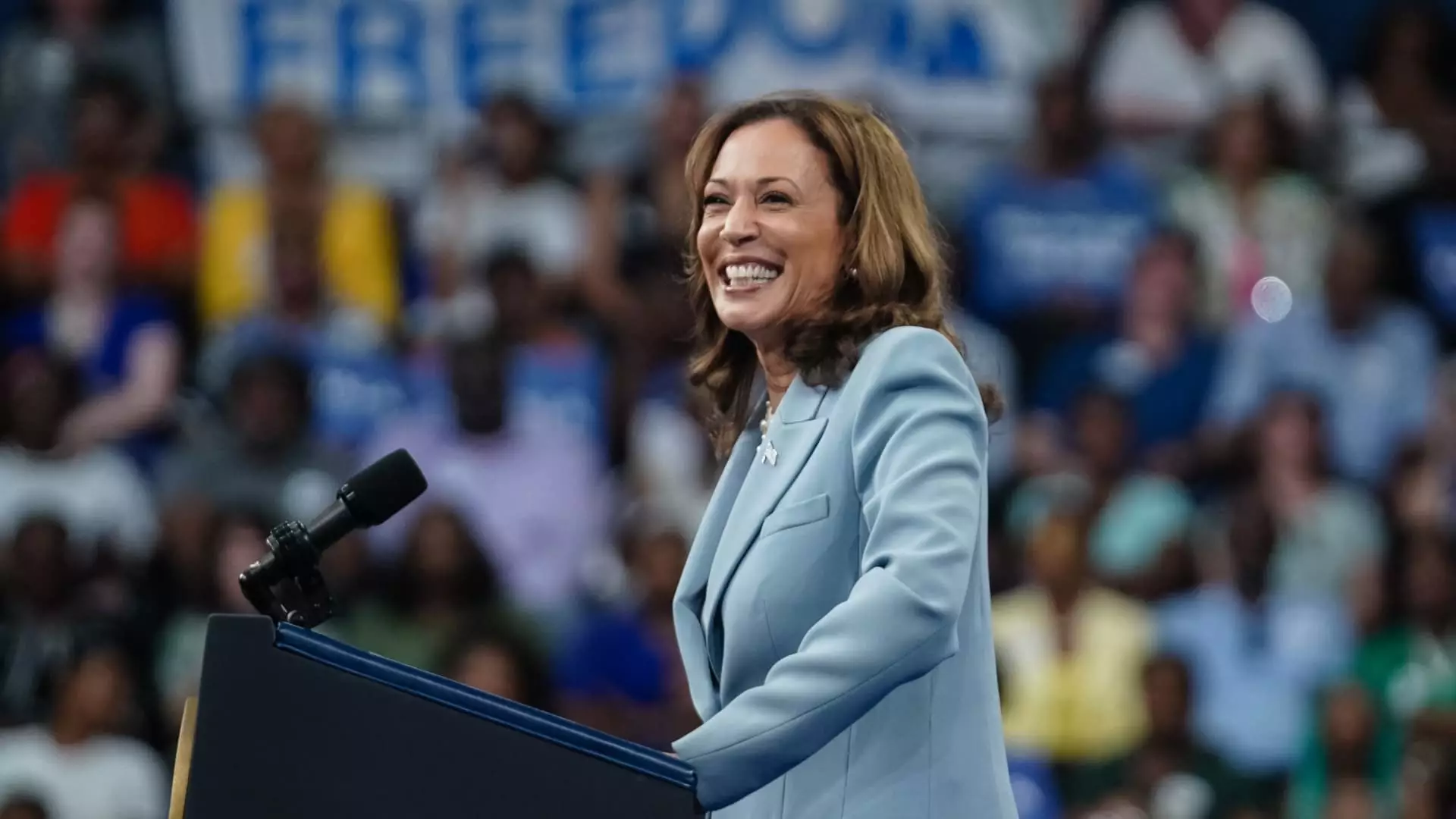Vice President Kamala Harris has made it clear that building up the middle class will be a crucial focus of her presidency. She believes that a strong middle class is essential for a strong America. During a political event in Atlanta, she reiterated her commitment to providing relief for families grappling with the high cost of living. Harris believes that these measures will not only help families to get by but also to get ahead.
One of Harris’ key proposals as a senator was the LIFT the Middle Class Act, which aimed to provide lower- and middle-income workers with an annual tax credit of up to $3,000 per person or $6,000 per couple. This tax credit would offer significant relief to those struggling to make ends meet, according to the Committee for a Responsible Federal Budget. However, the cost of living has continued to rise since the proposal was first introduced in 2018, putting a strain on working-class Americans.
The rise of artificial intelligence has compounded the challenges faced by American workers, leading to fears about job security in the long term. Many individuals are concerned that their hard-earned skills may become obsolete, raising questions about the need for more social insurance policies. In this context, reviving a tax credit for those below a certain income threshold could provide much-needed support to workers feeling increasingly vulnerable in the face of automation.
While a tax credit like LIFT could provide crucial support to struggling families, it comes with a hefty price tag. The Tax Policy Center estimates from 2018 and 2019 suggest that implementing such a credit would be extremely costly. Harris previously proposed repealing provisions of the Tax Cuts and Jobs Act for taxpayers earning over $100,000 to help fund the LIFT Act. However, concerns about the federal budget deficit could pose a significant obstacle to securing funding for such programs.
Harris’ support for rent control measures, such as capping unfair rent increases, has garnered mixed reactions from economists. While rent caps may provide immediate relief for renters, they could also lead to a reduction in the supply of rental units, further exacerbating housing shortages. In contrast, tax credits like the LIFT Act may offer a more sustainable solution by directly helping renters offset the effects of rent inflation without distorting the housing market.
The temporary expansion of the child tax credit during the Covid-19 pandemic has become a major focal point in discussions around poverty alleviation. The American Rescue Plan boosted the child tax credit to $3,000 from $2,000, resulting in a significant decrease in the child poverty rate. However, the expiration of pandemic relief measures in 2022 led to a sharp increase in child poverty, underscoring the importance of ongoing support for struggling families.
As Harris emerges as a front-runner for the Democratic presidential nomination, the question remains about which policy proposals she will prioritize. The child tax credit expansion has shown promising results in reducing child poverty, but Harris’ earlier focus on the LIFT Act suggests a broader approach to supporting middle-class families. The upcoming Senate vote on the child tax credit expansion will provide insight into the future trajectory of financial support measures under the Harris administration.
Kamala Harris’ ambitious policy proposals aimed at rebuilding the American middle class offer a glimpse into the type of economic relief measures that could shape her presidency. Balancing the need for financial support with concerns about budget deficits and market distortions will be key challenges for Harris as she navigates the complex landscape of economic policy in the coming years.


Leave a Reply